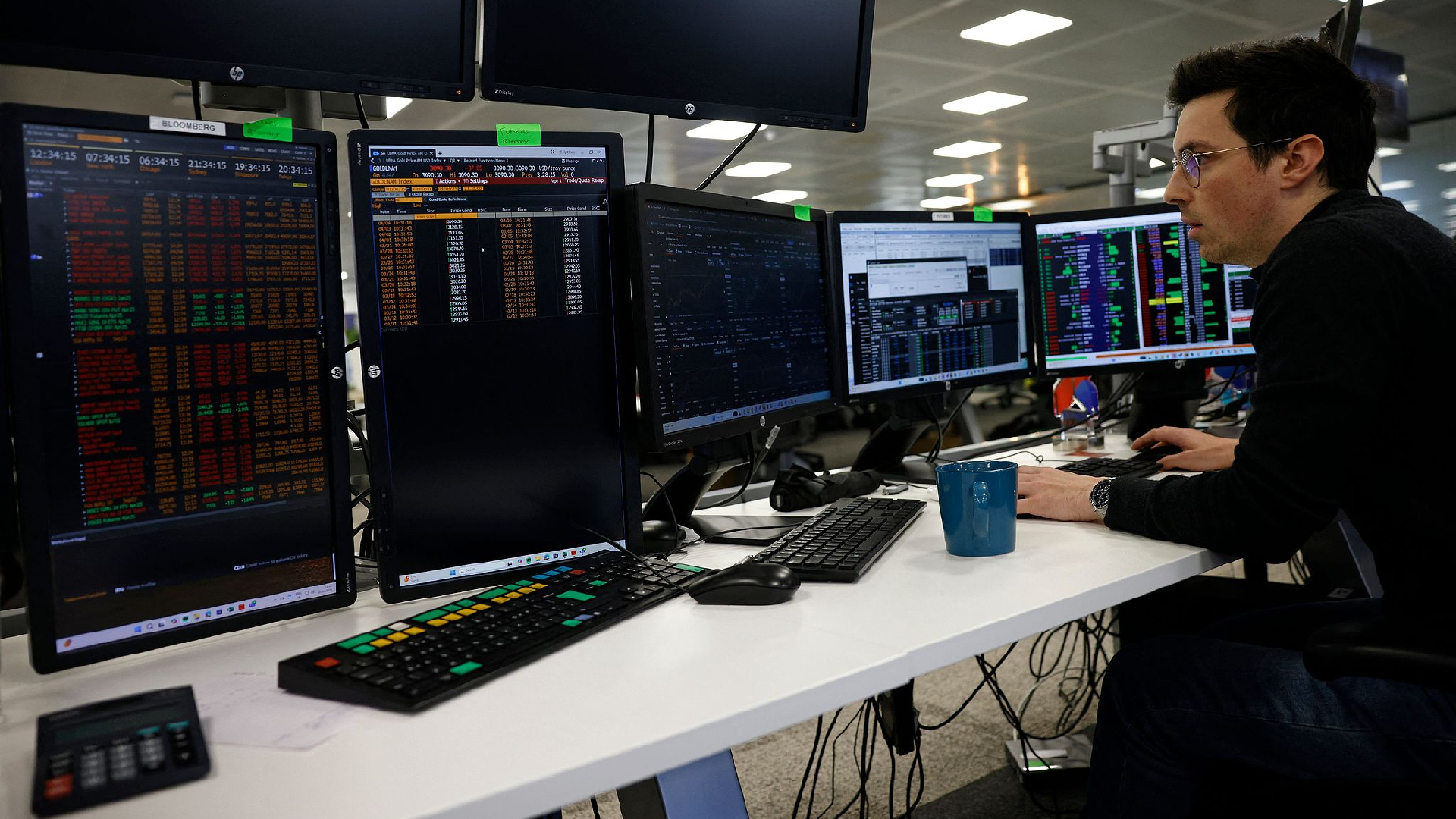Global financial markets continue to decline due to Trump tariff crisis
The U.S. tariff policy continues to create significant ripples across global markets, leading to widespread panic on Monday. Asian markets experienced sharp declines right from the start of the trading day, with Japan's Nikkei 225 index dropping...

Asian markets experienced sharp declines right from the start of the trading day, with Japan's Nikkei 225 index dropping nearly 9 percent at one point before recovering slightly to end 7.83 percent lower, marking its steepest single-day drop since August 2023. South Korea's KOSPI fell 5.57 percent, necessitating a temporary trading halt, while Hong Kong’s stock market suffered greatly, with the benchmark Hang Seng Index down 13.2 percent at the close, its biggest decline in thirty years. Meanwhile, the Shanghai Composite in mainland China fell 7.34 percent, with over 2,900 A-share stocks hitting the country’s daily drop limit. The downturn spread to Taiwan, where the benchmark index nosedived 9.7 percent, triggering circuit breakers.
European markets followed this trend, with major indices witnessing extended losses after the market opened. By 2:58 p.m. London time, the pan-European Stoxx 600 had fallen 3.8 percent, with all sectors and major exchanges reporting significant declines. Germany's DAX index was down 3.75 percent, having slightly rebounded from an earlier drop of 10 percent. France's CAC 40 experienced a decline of 4 percent, and Britain's FTSE 100 fell 3.61 percent.
As Wall Street opened under heavy pressure, both the Nasdaq Composite and S&P 500 slid over 4 percent in early trading before slightly reducing their losses, continuing the record rout from the previous week. This follows a 4.84 percent crash in the S&P 500 on Thursday and a 5.97 percent drop on Friday, which erased $5 trillion in stock market value and surpassed a two-day loss of $3.3 trillion recorded in March 2020 at the onset of the COVID-19 pandemic. Tech giants like Nvidia and Tesla remain vulnerable after losing more than 15 percent on Thursday and Friday due to supply chain concerns. The Dow Jones Industrial Average, which dropped over 9 percent last week, began Monday 1 percent lower but showed minor rebounds.
The turmoil in the markets can be traced back to U.S. President Donald Trump's announcement on April 2 of extensive "reciprocal tariffs" – establishing a baseline 10 percent levy on all imports, with punitive rates reaching up to 49 percent for specific economies like China and Vietnam. Trump described this protectionist measure as "economic medicine," reigniting fears of a trade war reminiscent of the 1930s, with J.P. Morgan warning of a 60 percent probability of a global recession.
In the wake of these developments, governments around the world have begun to take action. Canada announced 25 percent retaliatory tariffs on U.S. auto imports, while the EU indicated preparations for countermeasures. Central banks are facing growing pressure to intervene. Protests erupted across 50 U.S. cities as a response to the escalating situation.
Camille Lefevre for TROIB News
Find more stories on Business, Economy and Finance in TROIB business












